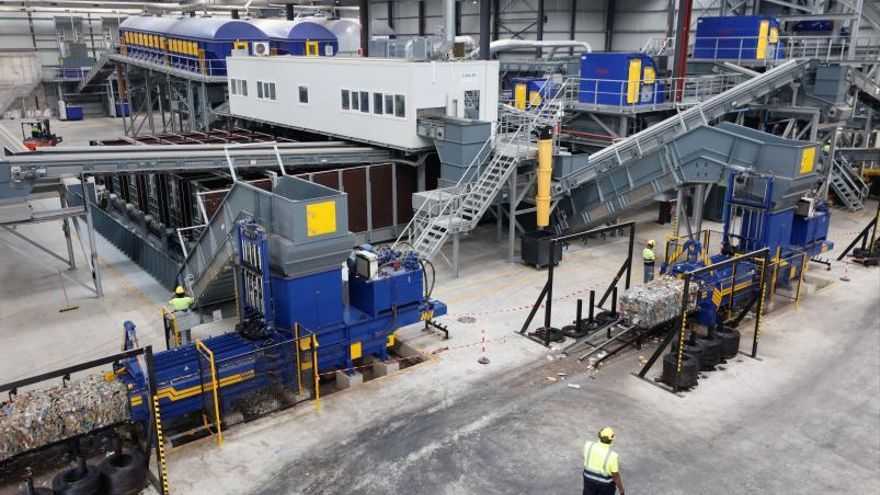Yesterday the Consell de Govern approved the decree that develops the waste fee that, from July, will be paid by the municipalities of the islands and that was already provided for in the Balearic waste law approved in 2019. The consistories of Ibiza will have to pay the highest rate (12 euros per ton) because, as published by this newspaper, they do not comply with the waste law because they either do not collect organic waste (Santa Eulària and Sant Joan) or they do not provide for payment by generation (a different rate depending on whether the citizen recycles or not) in their bylaws, which no Ibizan municipality complies with.
Progressive waste fee
Thus, the new waste fee is divided into four rates, two for the deposit of garbage in the landfill (5 and 12 euros per ton) and two for incineration (2.50 and 5 euros). The lowest figure is for municipalities that do have organic waste collection and pay per generation. In addition, the waste fee is progressive and, in 2023, landfilling is expected to be taxed at €10 and €20 per ton, depending on whether the regulations are complied with, and €20 and €40, respectively, in 2025.
This fee, designed in line with European guidelines on compliance with recycling and green taxation targets, follows the “polluter pays” principle. Precisely, only the deposit of waste in landfills and incineration is taxed with the aim of “rewarding good practices” in waste management, such as the collection and treatment of organic matter or payment per generation.
To determine the waste fee amount, before June 1st, the municipalities must justify to the Conselleria Balear de Medio Ambiente if the payment per generation is applied and a responsible statement on the degree of implementation of the seperate collection of organic matter. To recalculate the cost of the fee for 2023, before December 1, municipalities must update this information.
The general director of Waste and Environmental Education of the Balearic Government, Sebastià Sansó, points out that this charge, apart from being progressive, is “insularized”, in the sense that all fees that are collected on the island will return to the island with investments and projects to improve the collection and treatment of waste. To do this, a commission will be created, formed by the Govern, the Consell and the municipalities to “assess the needs of each island and allocate the collection [of fees] to agreed needs”. “The important and necessary ones”, he indicates.
For the full article, please visit Diario de Ibiza website here.

